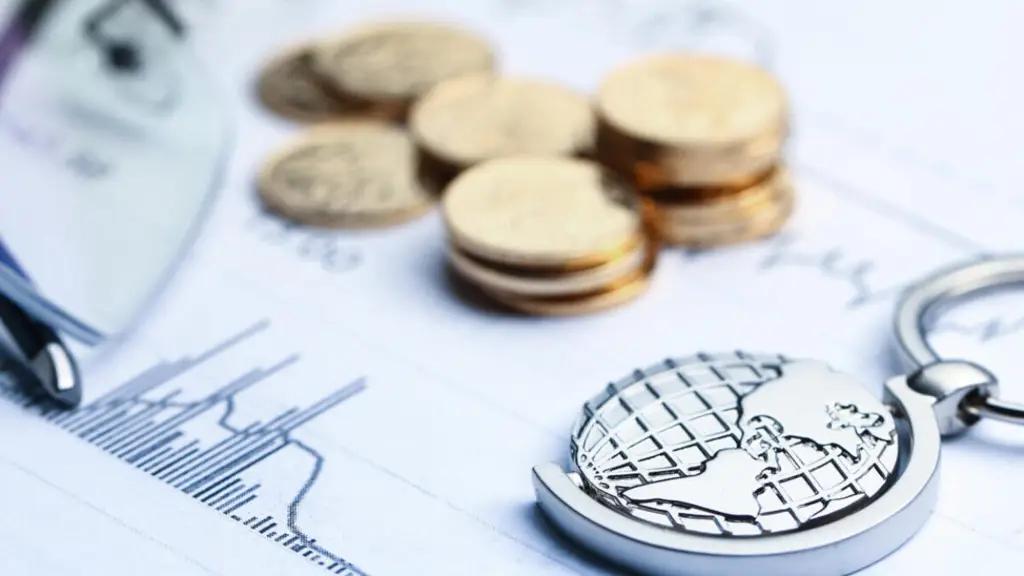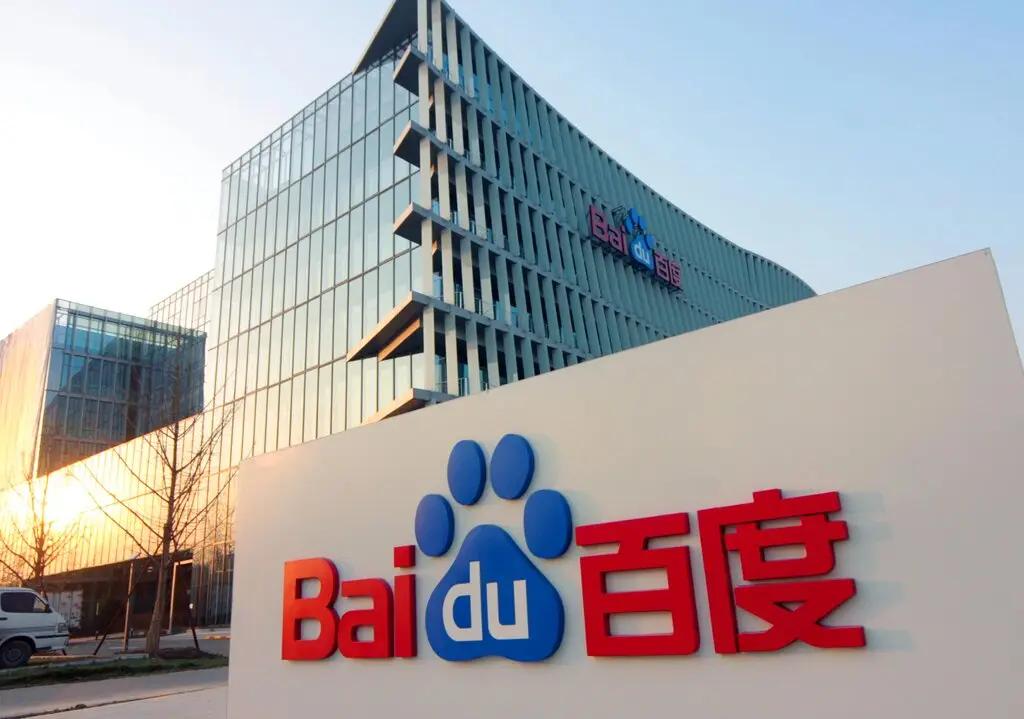
Published
09/30/2024, 13:35Shares are one of the most popular investment instruments in the world. Unlike such instruments as bank deposits or bonds, they are associated with higher risk, as their returns are not fixed and depend on the market valuation of a company. The success of a company directly affects its market value. During economic growth periods, when company revenues increase due to increased consumer demand, the value of stocks can rise significantly, which attracts investors looking to boost their capital.
However, there is also a downside - stocks can fall in value. This can happen for several reasons, such as declining revenue due to poor management, errors in strategy, geopolitical factors that make it difficult for export companies to operate, or supply problems with key raw materials. These and other risks an investor should consider in his or her investments.
On the other hand, high risk is often accompanied by potentially higher returns. Investors must develop a risk management system and have a clear understanding of their level of risk tolerance. This helps to avoid situations where the risks assumed are excessive and may lead to significant losses if realised.
In the economic integration of Kyrgyzstan and the growth of the financial literacy of the population, we see that shares are becoming a more and more demanded tool for capital creation and protection of savings from inflation.
Shares are equity securities which entitle an owner to a portion of the company's property. Companies can attract capital in several ways. The simplest of these is to take out a loan from a bank. However, there are other ways of financing such as issuing bonds. Bonds are debt securities that investors buy to become company creditors and receive regular coupon payments.
The third means of raising capital is an Initial Public Offering (IPO), where a company sells its shares on a stock exchange for the first time, and then they can be freely traded on the secondary market. This process allows the company to raise funds from a large pool of investors by offering them stakes in its business. Investors, in turn, receive a liquid tool that can be bought, stored for the long term, or sold when needed. By purchasing shares, an investor becomes a company co-owner depending on the number of shares purchased.
Kyrgyz legislation allows companies to attract investment through the share issue. In recent years, local companies have started to actively allocate shares in the stock market. At the end of 2023, the capitalisation of the Kyrgyz Stock Exchange reached $1 billion.
In addition, the BTS Stock Exchange resumed its activities. It has significantly increased its capitalisation over a short period. This was significantly influenced by the ‘State Development Bank of KR’ (14.8 bn KGS). However, the placement was essentially a private placement as part of the authorised capital increase and the 100% share of the ultimate beneficiary represented by the state did not change.
Today, for Kyrgyz companies, entering international markets remains an ambitious goal. In contrast to Kyrgyzstan, in neighbouring Kazakhstan, the KASE exchange has already reached a capitalisation of $50bn, while the Uzbek exchange UZSE is showing strong results with a capitalisation of $13.2bn. Russian stock markets, despite the changes experienced, continue to provide opportunities for major players as well. However, to Kyrgyz companies, this way to international platforms is still closed for several reasons. Firstly, there are strict requirements and standards to which many domestic companies are not compliant. Secondly, the reluctance of companies to undergo complex registration and disclosure processes also plays a role in this stagnation.
Not only stocks but also bonds, government securities and precious metals can be purchased on the stock market. However, the most active sector of the stock exchange is still shares. Last year they accounted for 92.5% of the total trading volume.
Of particular note is the success of the company ‘Salym Finance’, which last year entered the secondary IPO by offering 75 million KGS in the form of privileged shares. The guaranteed income per share was 190 KGS annum or 19% annum. Within its first IPO, in 2020, the OJSC ‘MFC Salym Finance’ floated its total announced volume of shares on the stock market in ten days. At that time, 47 new shareholders joined the company.
Also, shareholders of many companies, including banks and state-owned companies like the State Mortgage Company (SMC), Manas International Airport, Kyrgyzneftegaz and others, sold and bought shares and publicly placed them on the stock exchange.
Today, shares of 24 companies are offered for sale in the quotations of the Kyrgyz Stock Exchange. For example, 845 shares of Manas Airport are being offered at 770 KGS each, which is much cheaper than the usual price of 800 KGS. Especially if we recall the investment review prepared by Royal Inc. According to Ruslan Idyrov, chief analyst and partner of the investment company, the value of Manas securities is underestimated. Their profitability can reach 55%.
There are other domestic companies' shares for sale, which are worth looking at. For example, 2.9 million shares of the National Electricity Network of Kyrgyzstan (NENK) are quoted in the stock market for 0.77 KGS and one share of Kyrgyzneftegaz is asked for 230 KGS. A total of 9,900 copies are on sale. Shares of Kyrgyztelecom are sold at 6 KGS. Also, 14 shares of Kant cement plant are being sold for 1,000 KGS each.
Despite the lack of offers of shares of several companies on the market, there is an active demand for them. For example, there are bids to buy shares of dairy company ‘Bishkek Sut’, sugar plant ‘Koshoi’ and company ‘Arpa’. Of particular interest are shares of MBANK, for which there was an offer at 7 KGS per unit, which is higher than their initial value of 5 KGS.
The Kyrgyz stock market is growing, attracting more and more attention from investors. The presence of such professional players as Royal Inc. activates investors and simplifies the process of choosing a company to invest in.
"When choosing a company to invest in, you should first and most pay attention to its development dynamics. It is important to use a step-by-step approach: if a company fulfils one criterion, you should evaluate it according to the next one. If we are not talking about start-ups, but about companies which enjoy profit and have a share in the market, the first thing to look at is revenue growth. If revenue is growing, you should pay attention to cash flows, especially to operating cash flows. It is important to analyse the structure of the balance sheet - assets and liabilities - and determine how dependent the company is on debt capital. If there is dependence, it is necessary to assess how effectively the company services this debt,’ Ruslan Idyrov explains.
Also, in the words of Royal Inc.'s principal analyst, attention should be paid to the maturity of debts: if short-term debts are significantly higher than long-term debts, it is important to assess current liquidity ratios (how much the company can cover its short-term debts with its cash, inventory, etc.), where cash flows from operating activities will play a key role.
In addition, comparison analyses with competitors should be done.
"A company's performance may seem good in isolation, but when benchmarked against competitors it may not be as impressive. It is also important to assess the prospects for the industry in which the company operates over the next five to 10 years, especially if it is a long-term investment rather than speculation,’ he continued.
One should not forget about top management and the company's strategy - this also plays a significant role. There are many factors to be analysed.
"This is not the case with startups. It can be difficult to assess their value solely based on financial indicators, as these data are often insufficient. Here, the main role is played by the investor's belief in the project and the product that the startup is bringing to the market. To have such confidence, the investor should be an expert in the industry in which the startup is present. Investing in young companies involves a higher risk, but can yield significantly higher returns. Novice investors should focus on companies with an established business, stable revenue and profits. It is important to choose companies operating in promising industries, offering quality products that improve and simplify the consumer lives,’ Ruslan Idyrov concluded.



